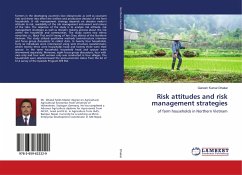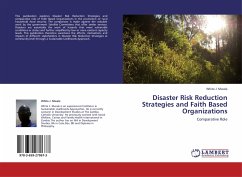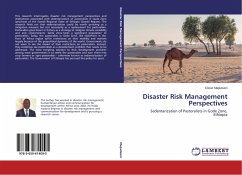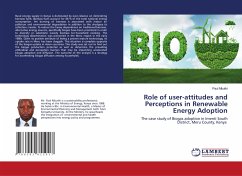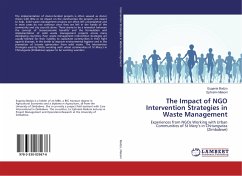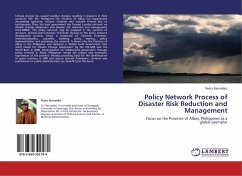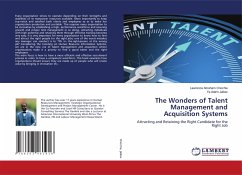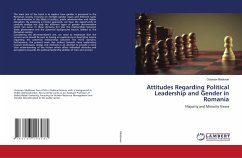Farmers in the developing countries face idiosyncratic as well as covariant risks and these risks affect the welfare and production decision of the farm households. A risk management strategy depends on decision maker's attitude to risk, availability of the risk management instrument and nature of the risks. The objective of the study is to analyze risk attitude, risk management strategies as well as decision making process about the risk within the household and communities. The study covers two ethnic minorities i.e., Black Thai and H'mong of Yen Chau district of the Northern Vietnam. The study utilized qualitative methods (semi-structure interview and focus group discussion) to collect data. In twenty four households, forty six individuals were interviewed using semi structure questionnaire, where twenty three were households head and twenty three were their spouse. In the same household, household head and spouse were interviewed separately. Moreover, eight focus group discussions, four with men only and four with women only was conducted in four villages. The households were selected based the socio-economic status from the list of F2.4 survey of the Uplands Program SFB 564.
Bitte wählen Sie Ihr Anliegen aus.
Rechnungen
Retourenschein anfordern
Bestellstatus
Storno

